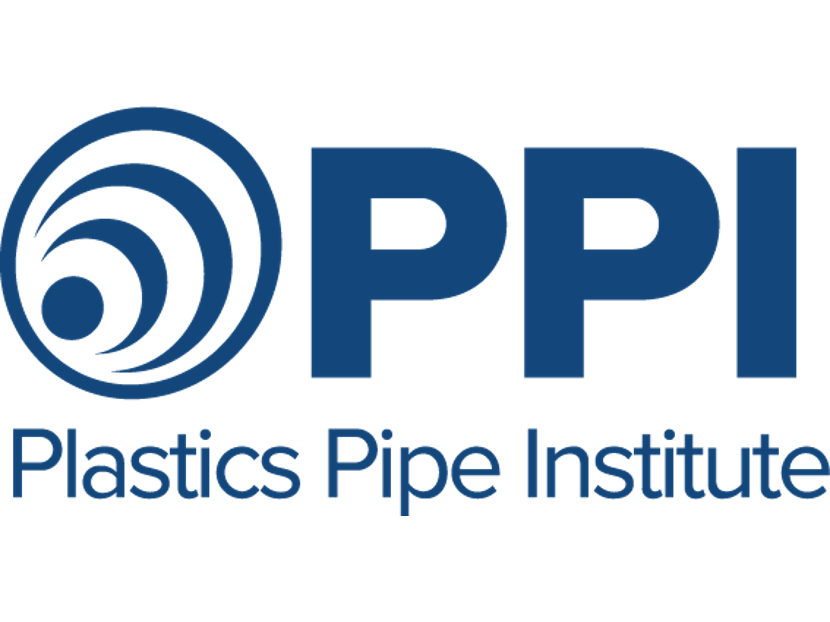PPI Technical Document Answers Questions About Insulating Plastic Pressure Piping Systems

The Plastics Pipe Institute Inc. (PPI), has published a new Technical Note related to the protection of plastic pressure piping materials against freezing. PPI is the major trade association representing the plastic pipe industry.
The new PPI Technical Note TN-65 “Insulation Recommendations for Plastic Pressure Piping Materials in Residential Applications” focuses on insulating plastic pressure piping materials against freezing. It applies to hot- and cold-water piping materials CPVC, PEX, PE-RT, PEX-AL-PEX, PP-R, and PP-RCT, and is directed to applications such a s plumbing distribution, fire protection, and hydronics.
According to PPI, although plastic piping materials are inherently better insulators of heat energy than traditional metal pipe materials such as steel and copper, there are several situations where plastic pipe materials should be insulated for protection against freezing of fluids within the pipes.
“Insulation will of course reduce heat transfer through the walls of piping materials,” explained Lance MacNevin, P. Eng., director of engineering for PPI's Building & Construction Division. “This improves system efficiency and performance in a wide range of applications. Energy savings and faster delivery of hot water are other benefits of proper pipe insulation. TN-65 provides recommendations to prevent freezing in a variety of applications, based on multiple industry publications and the collaborative input of PPI members. It also addresses the use of heat trace cable and shares techniques for thawing frozen plastic pipes. It’s intended for plumbers, builders, designers, inspectors, and others.”
The new technical note includes the following sections:
- Recommendations to prevent freezing of pipes in water service, plumbing, fire protection, chilled water, hydronics, snow and ice melting
- Excerpts from Model Code such as the UMC, UPC, USHGC, IMC, IPC, NPC, NSPC, CSA B214, and CSA C448 regarding piping insulation and protection
- Usage of heat trace cable
- Approved techniques for thawing frozen plastic pipes
Published on PPI’s website directly at https://plasticpipe.org/tn-65, TN-65 is one of several PPI documents related to the design and installation of pressure pipe materials which are published as a service to the industry by PPI’s Building & Construction Division. Additional publications can be found online at https://plasticpipe.org/buildingconstruction.




